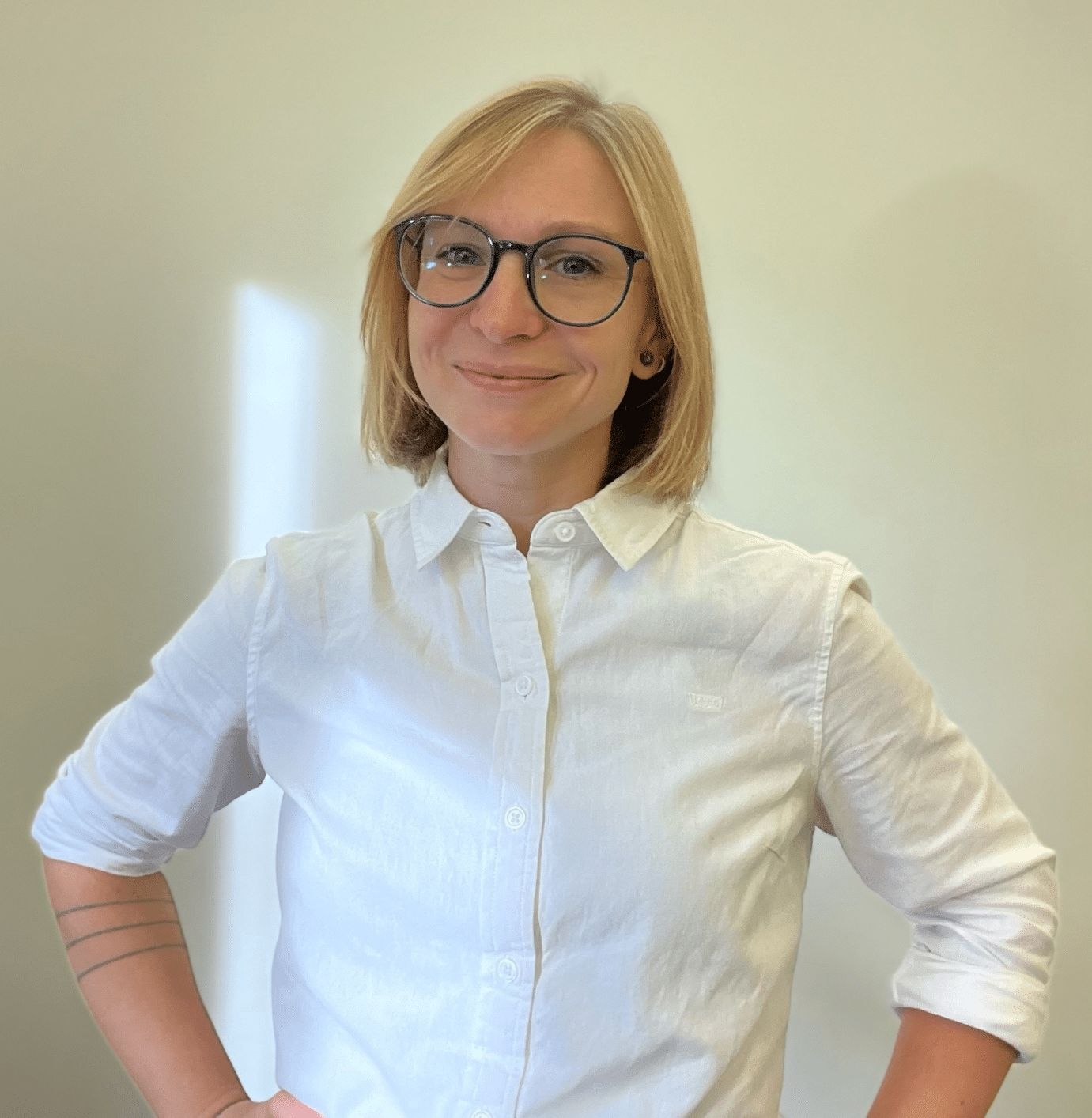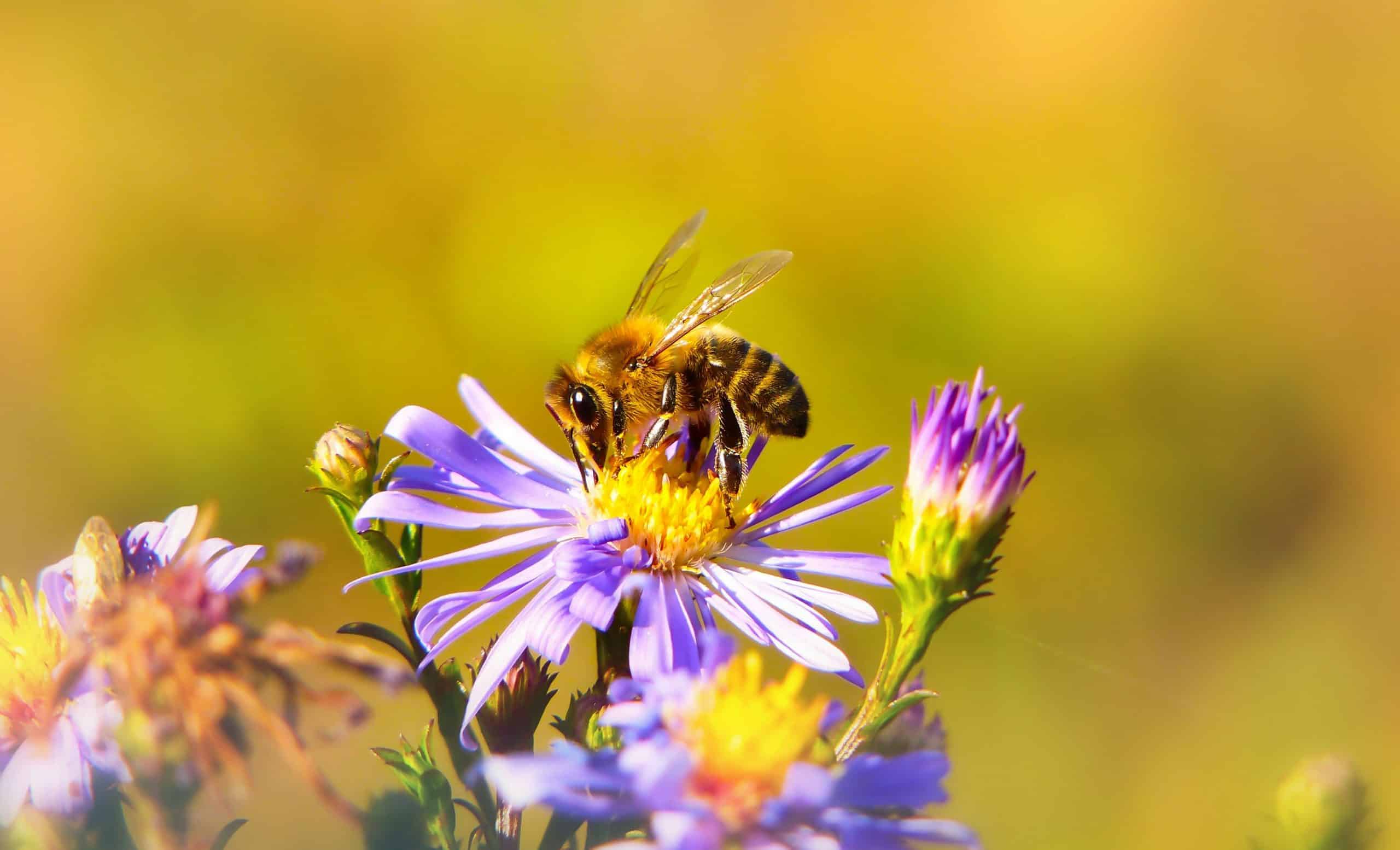Science is everywhere...
start here
Media

Rachel Parkinson
Neuroethologist
I am generally interested in how brains work, but I find the insect brain to be especially interesting because…
New
Most Popular

Can we talk to bees?
We are out in the wild today talking to bees! In this behind the scenes episode, we visited Dr…
New
Most Popular

Why are people obsessed with how cute cats are?
Cats are pretty adorable! Those big eyes, fluffy paws and cheeky personalities mean that most people find felines cute.…
New
Most Popular

The importance of sleep
We spend one-third of our lives asleep. But while we drift off into the land of dreams, our brains…
New
Most Popular

Life Without Music
Music is an integral part of life. Whether your foot taps on your commute to work, you play an…
New
Most Popular
